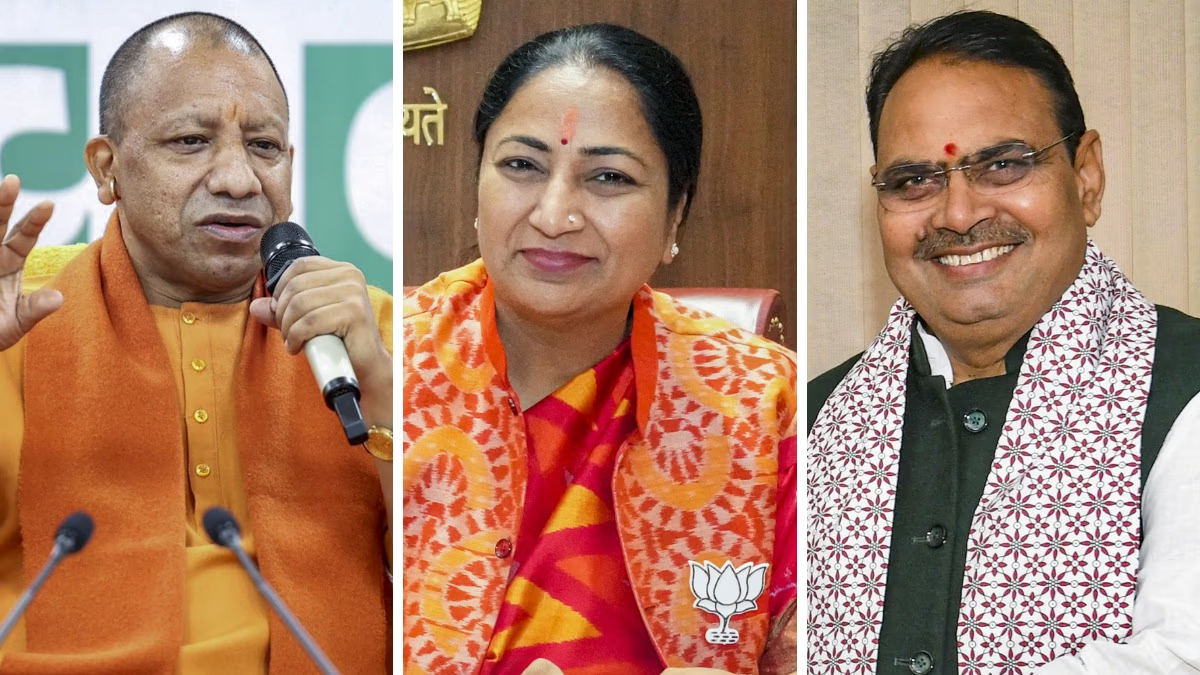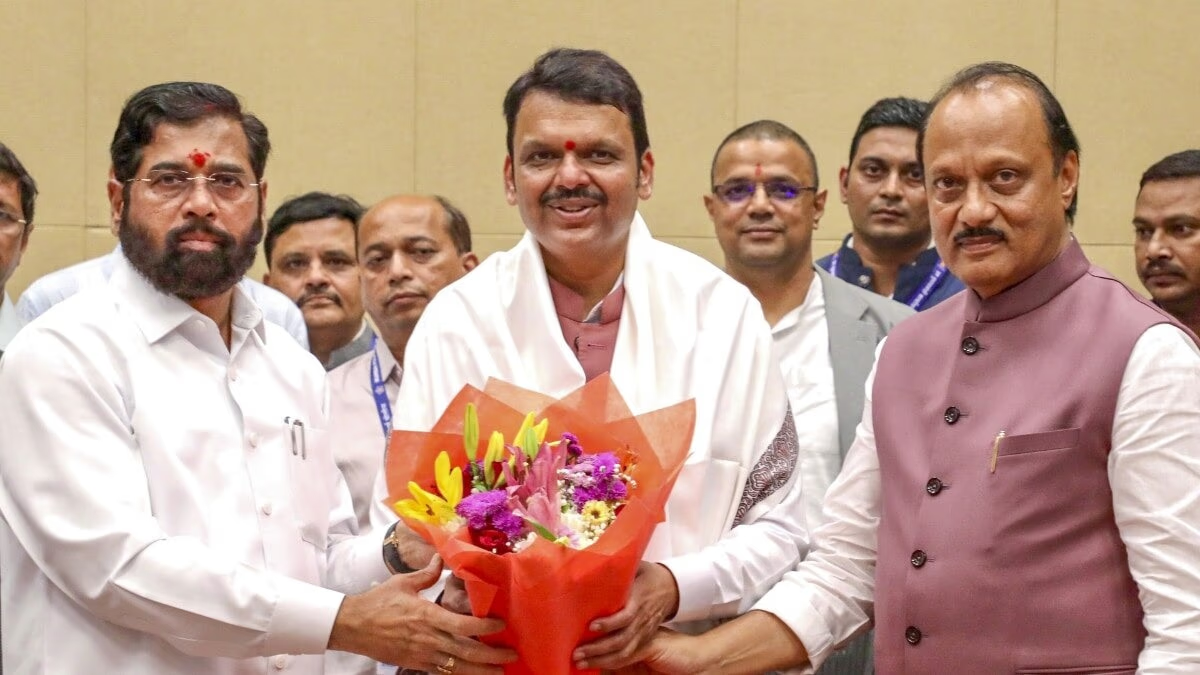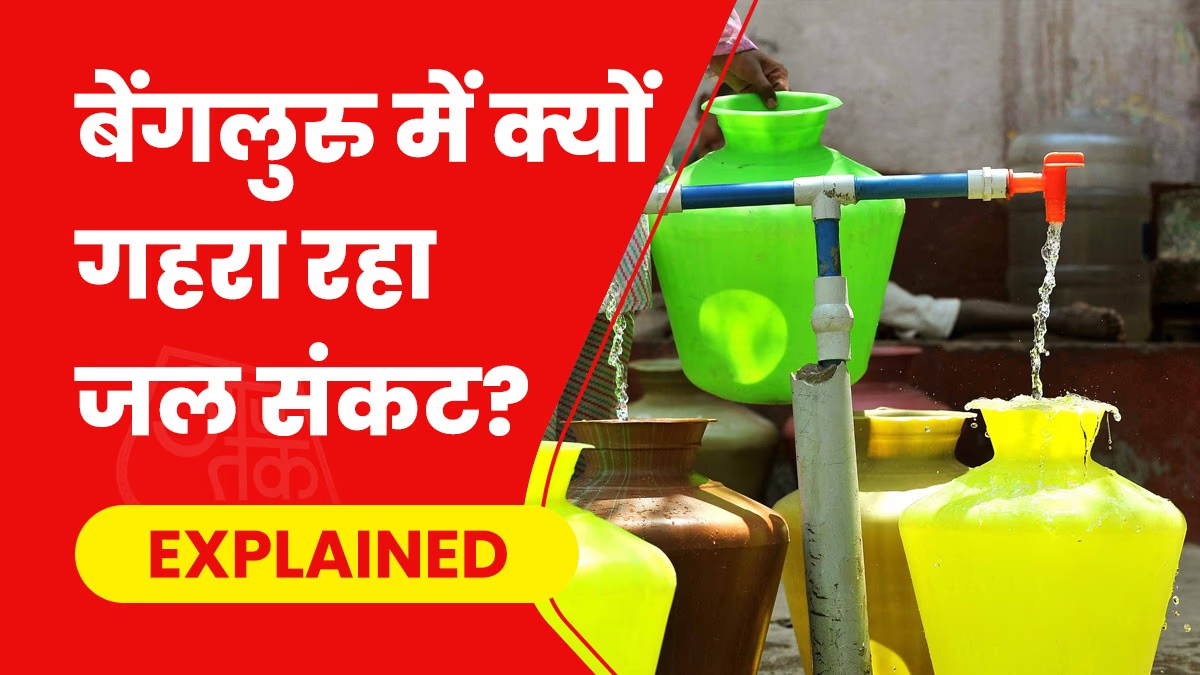After a prolonged wait of 27 years, the Bharatiya Janata Party (BJP) has finally seized power in Delhi and entrusted Rekha Gupta with the responsibility of Chief Minister. Hailing from the Vaishya community, a prominent merchant class, the appointment of Rekha Gupta is seen as a move to further strengthen this alliance, as the Baniya community has long been a stalwart and reliable vote bank for the BJP. Let's delve into the castes of chief ministers governing BJP-led states...
1. Assam-
The Chief Minister of Assam, Himanta Biswa Sarma, belongs to the Assamese Brahmin caste from the Sarma community. Himanta Biswa Sarma was sworn in as the 15th Chief Minister of Assam on May 10, 2021, succeeding Sarbananda Sonowal.
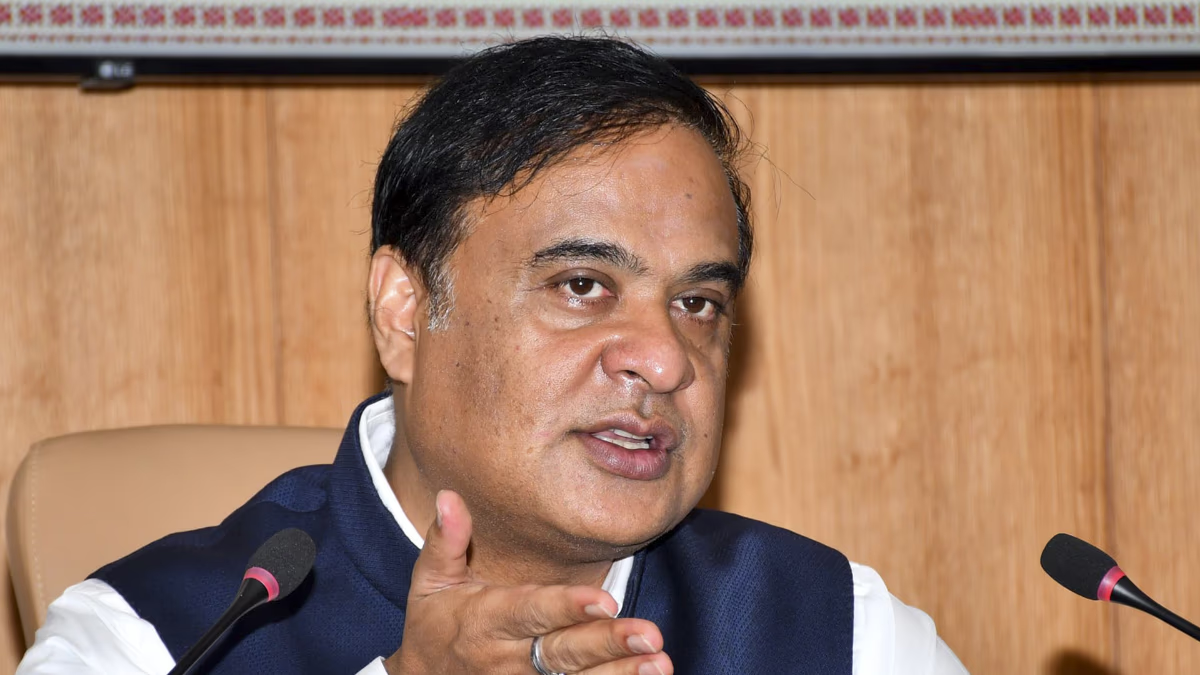
Source: aajtak
2. Arunachal Pradesh-
Arunachal Pradesh's Chief Minister, Pema Khandu, belongs to the Monpa tribe residing in Tawang district. Renowned for their rich cultural heritage, including festivals, traditional dance forms, and unique rituals, Pema Khandu was sworn in as Chief Minister following Nabam Tuki in 2016.
3. Chhattisgarh-
Vishnu Dev Sai, from the Kanwar community included in the Scheduled Tribes (ST), currently serves as the Chief Minister of Chhattisgarh. The Kanwar community predominantly resides in the state's northern part, especially in the Sarguja division.
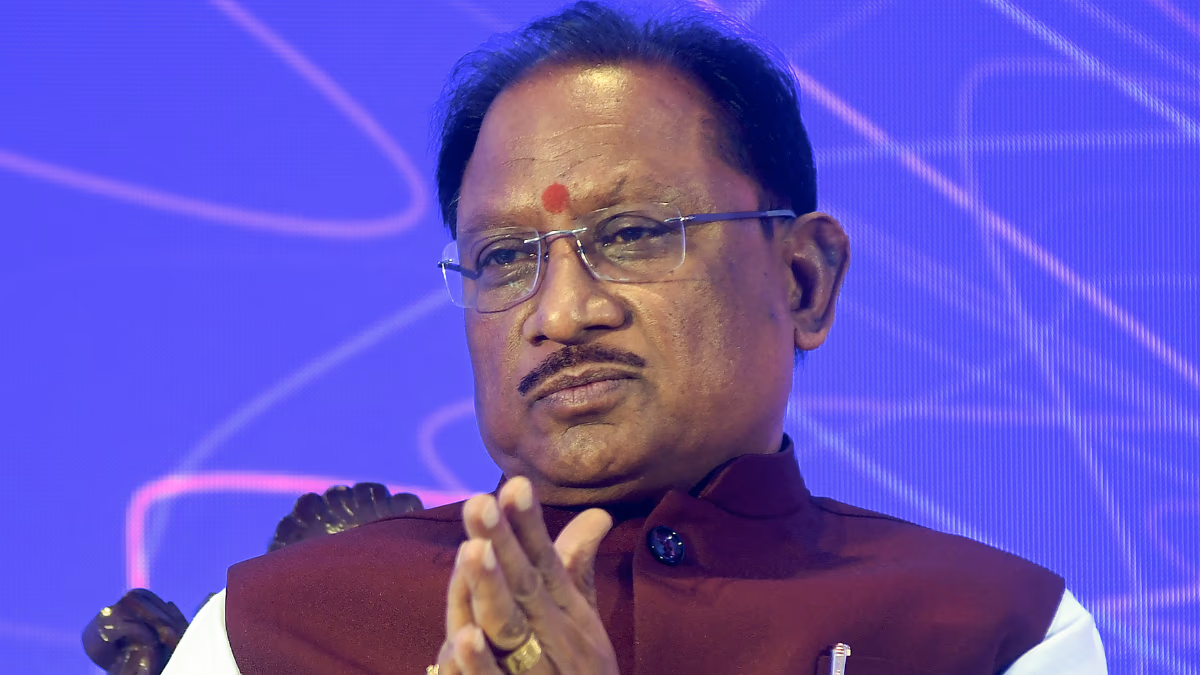
Source: aajtak
4. Goa-
Goa's Chief Minister, Pramod Sawant, is a prominent figure in Maratha politics, representing the Maratha community, a significant group within the state.
5. Gujarat-
Bhupendra Patel, the Chief Minister of Gujarat, identifies with the Gujarati Kadva Patidar community, a pivotal caste recognized for its substantial contributions to the state's economy, politics, and culture.
6. Haryana-
The Chief Minister of Haryana, Naib Singh Saini, hails from the Saini community, categorized under the Other Backward Class (OBC). Chief Minister Naib Singh Saini's roots trace back to Mangoli Jattan village in Kurukshetra, although his family relocated to Mirzapur in the Ambala district.
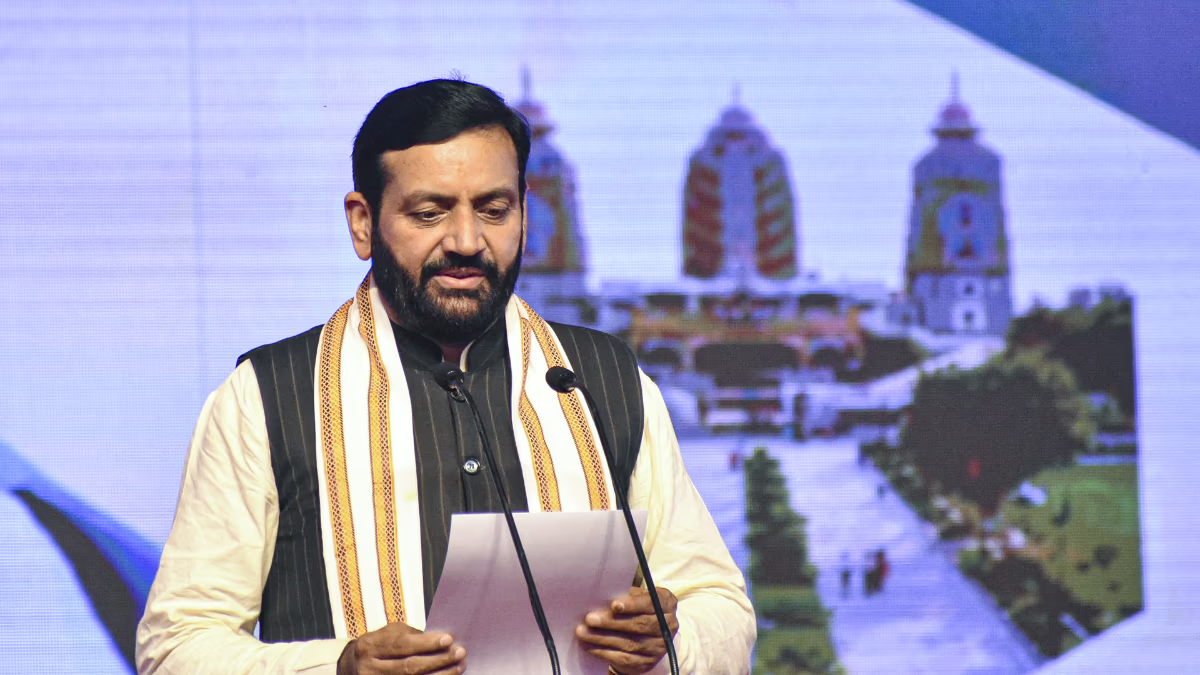
Source: aajtak
7. Madhya Pradesh-
Serving as the Chief Minister of Madhya Pradesh, Mohan Yadav belongs to the Yadav community in the OBC category. Mohan Yadav's family has a strong background in politics and social service, with his father, Poonamchand Yadav, being a prominent community leader and his mother, the late Leelabai Yadav, a homemaker.
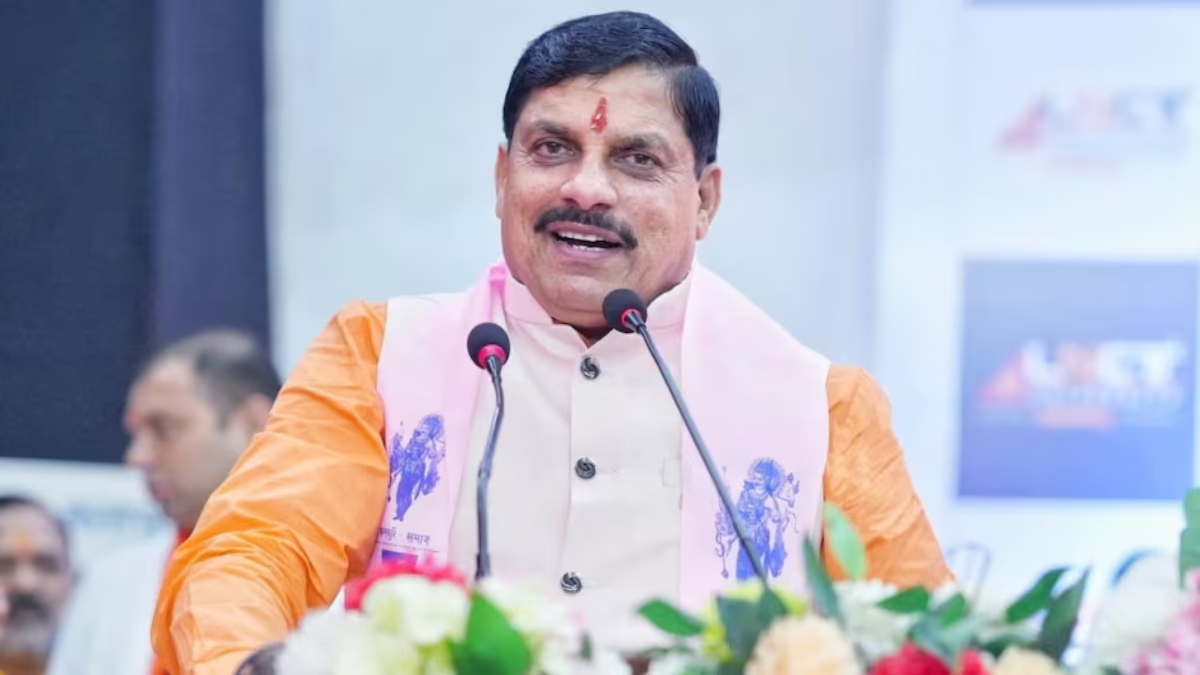
Source: aajtak
8. Maharashtra-
The Chief Minister of Maharashtra, Devendra Fadnavis, is associated with the Brahmin caste. Fadnavis comes from a politically strong family background, with his father, Gangadharrao Fadnavis, being a notable politician and member of the Maharashtra Legislative Council from Nagpur.
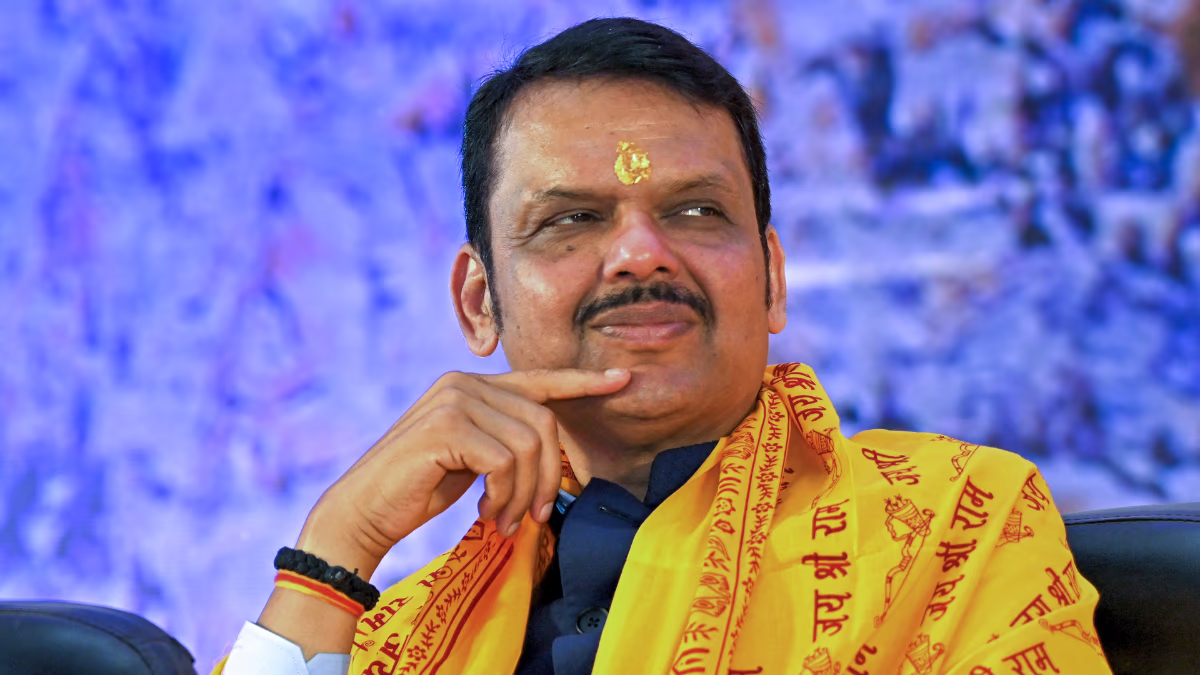
Source: aajtak
9. Odisha-
Mohan Charan Majhi, the 15th Chief Minister of Odisha, is from the Santhal tribe, listed under Scheduled Tribes (ST). Born on January 6, 1972, in Raykala, Keonjhar district, Majhi's prominent political ascent is considered significant for the Santhal community. In 1997, he assumed the post of secretary of the BJP's tribal wing in the state's unit.
10. Rajasthan-
Bhajan Lal Sharma, the Chief Minister of Rajasthan, belongs to the influential Brahmin community. Born to a simple family, his father, Kishan Swaroop Sharma, was a farmer, and his mother, Gomati Devi, is a homemaker.
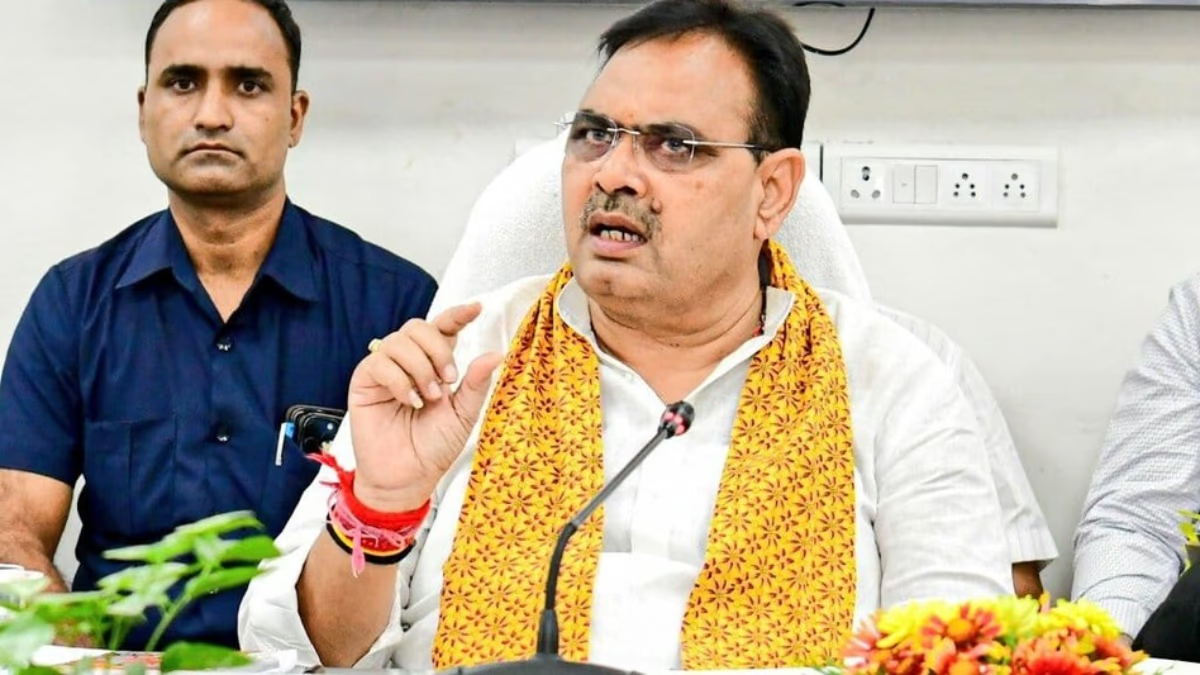
Source: aajtak
11. Tripura-
Manik Saha, the current Chief Minister of Tripura, belongs to the Vaishya community, falling under the General Category.
12. Uttar Pradesh-
Yogi Adityanath, the Chief Minister of Uttar Pradesh, is a member of the Kshatriya (Thakur) community. Born Ajay Singh Bisht on June 5, 1972, in Panchur, Pauri Garhwal, Uttarakhand, his stature in Indian politics has grown due to his staunch Hindutva ideology and influential leadership in Uttar Pradesh for the BJP.
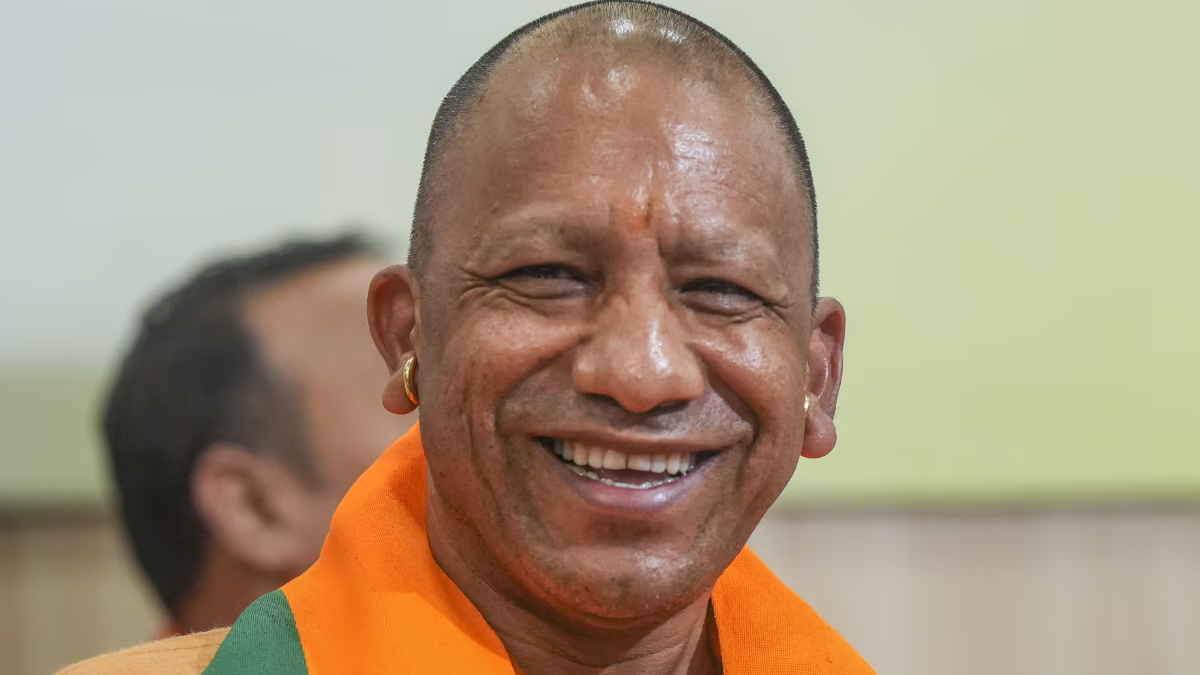
Source: aajtak
13. Uttarakhand-
Pushkar Singh Dhami, the Chief Minister of Uttarakhand, belongs to the Kumaoni Rajput (Thakur) caste. His family comes from a modest background, with his father, Sher Singh Dhami, being a retired army officer, having served as a Subedar, and his mother, Vishnu Devi, a homemaker. Dhami completed his primary education in Pithoragarh, later moving to Nagla Terai Bhabar in Khatima, and earned an LLB degree from Lucknow University.
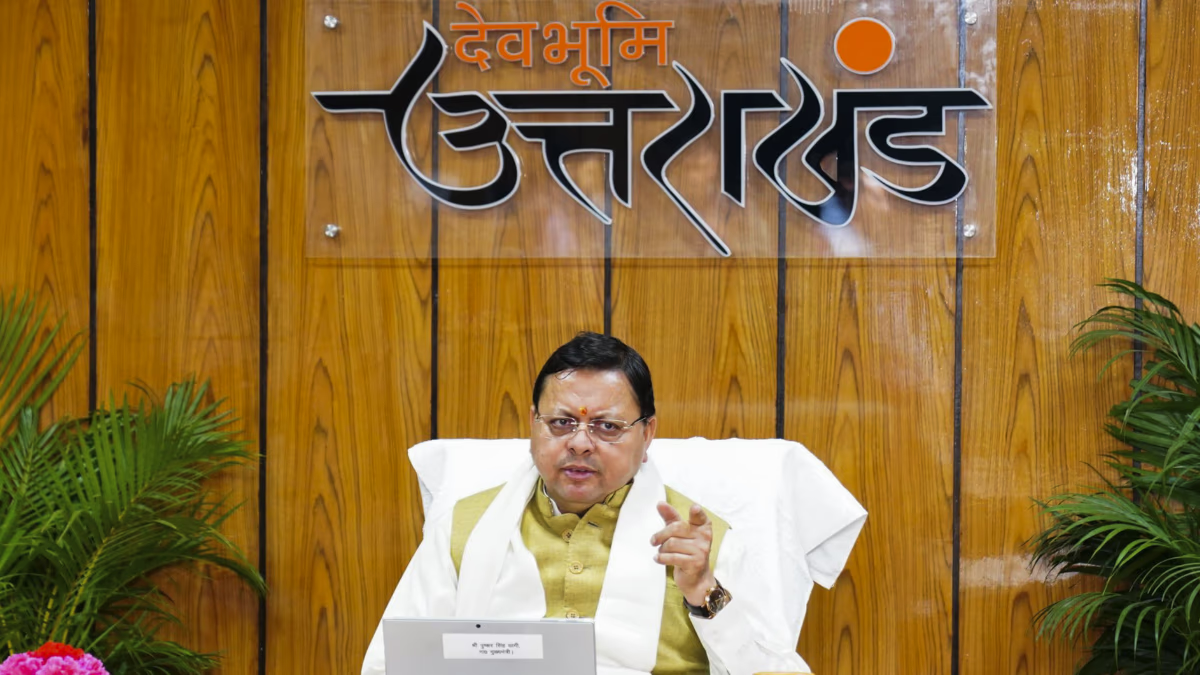
Source: aajtak
Impact of Caste Equation
By appointing chief ministers from diverse ethnic groups, the BJP underscores its strategic approach to caste balance, specifically by granting representation to OBC, ST, and Brahmin communities, thus attempting to connect with different social factions.
